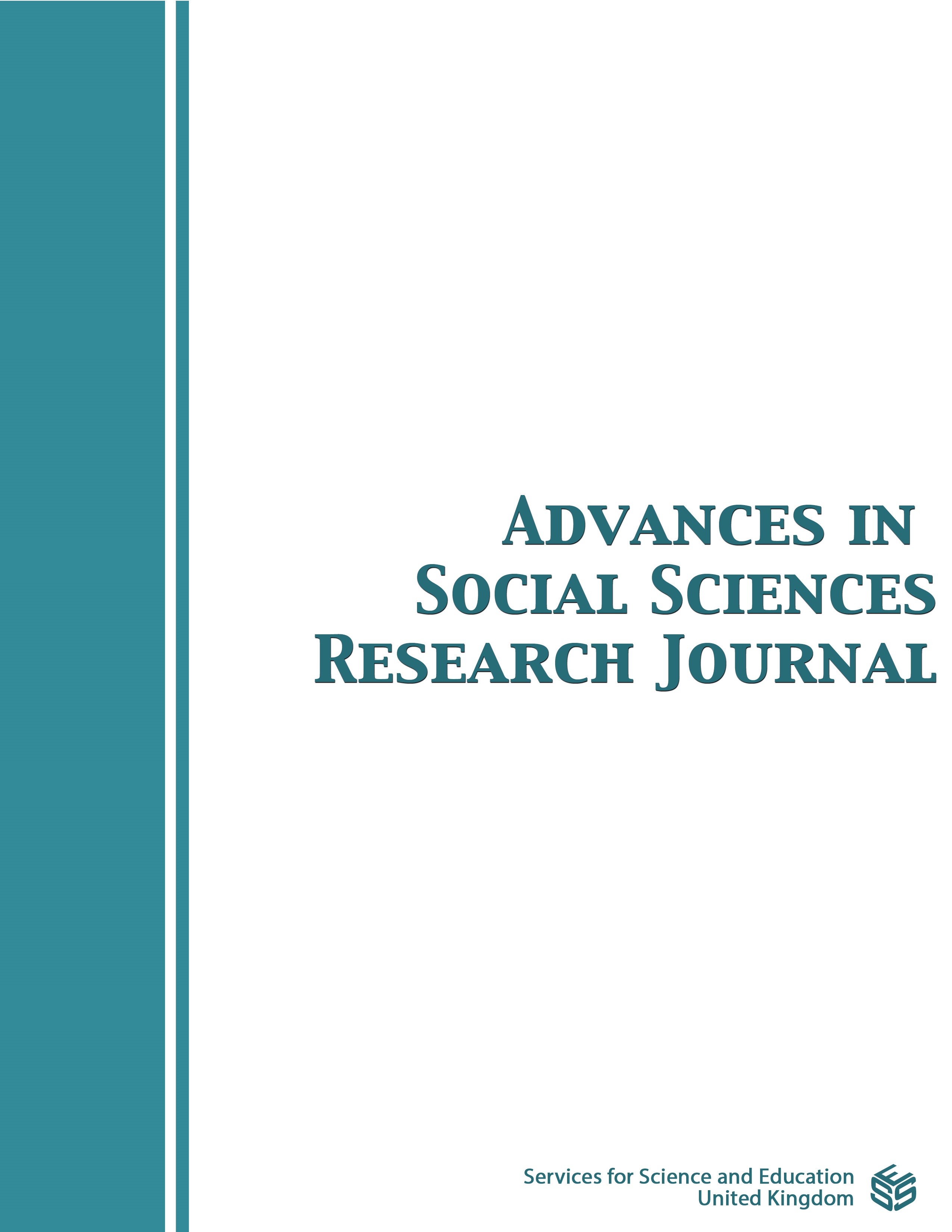Breaking the Chains: Child Labour’s Effect on Educational Achievement among Basic School Students in The Tamale Metropolis
DOI:
https://doi.org/10.14738/assrj.114.16741Keywords:
Child Child Labour Educational Achievement, Braking Chains, Tamale MetropolisAbstract
Child labour remains one of the key issues hindering the efforts of governments and international organisations to ensure that children across the world achieve quality education. This paper examines the effects of child labour on the educational achievement of basic school students in the Tamale metropolis and how some victims have achieved educational success despite the potential threats of child labour. The research was anchored on human capital theory and social cognitive theory. The design used for this research was a case study. The approach used in gathering the data from forty-two (42) respondents was a qualitative approach. A semi-structured interview guide and a focus group discussion guide were the instruments used to gather the data. The data was analysed using a thematic approach. The research found that poverty, peer influence, cultural and social norms, gender roles and norms, and the culture of fostering are the factors influencing the activities of child labour in the Tamale metropolis. The research also found that reduced learning time, poor academic performance, and school dropout are the effects of child labour has on the educational achievement of victims. The paper also revealed that individual determination and support from families, communities, teachers, NGOs, and state institutions are necessary in facilitating the efforts of victims in overcoming the woes of child labour and achieving educational success. The paper believes that economic interventions alone are insufficient in dealing with child labour and advocates for a holistic approach that challenges gender roles, addresses societal norms, and creates a supportive environment for the education of every child in Ghana.
Downloads
Published
How to Cite
Issue
Section
License
Copyright (c) 2024 Mohammed Siibaway, Eric Kojo Majialuwe

This work is licensed under a Creative Commons Attribution 4.0 International License.
Authors wishing to include figures, tables, or text passages that have already been published elsewhere are required to obtain permission from the copyright owner(s) for both the print and online format and to include evidence that such permission has been granted when submitting their papers. Any material received without such evidence will be assumed to originate from the authors.






